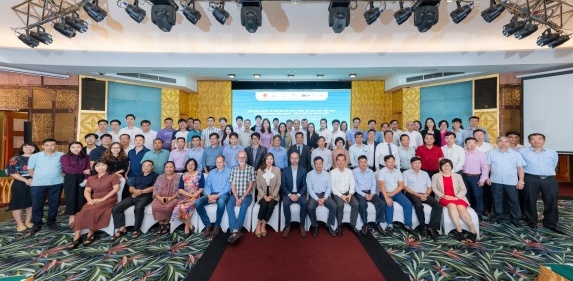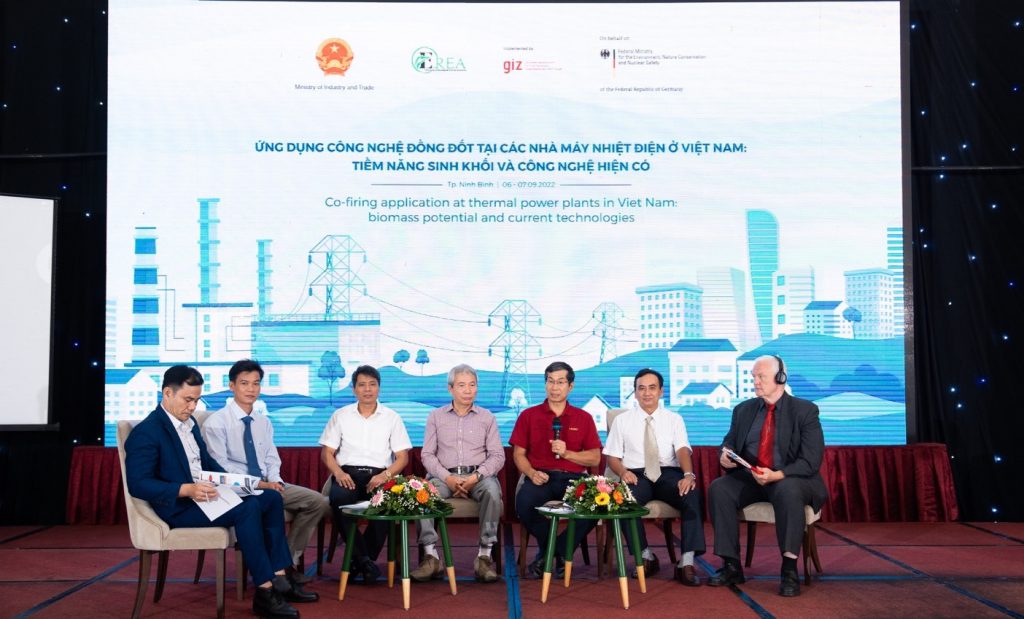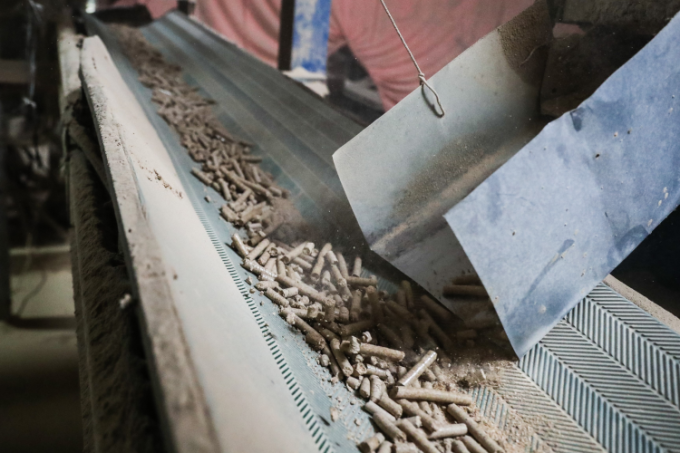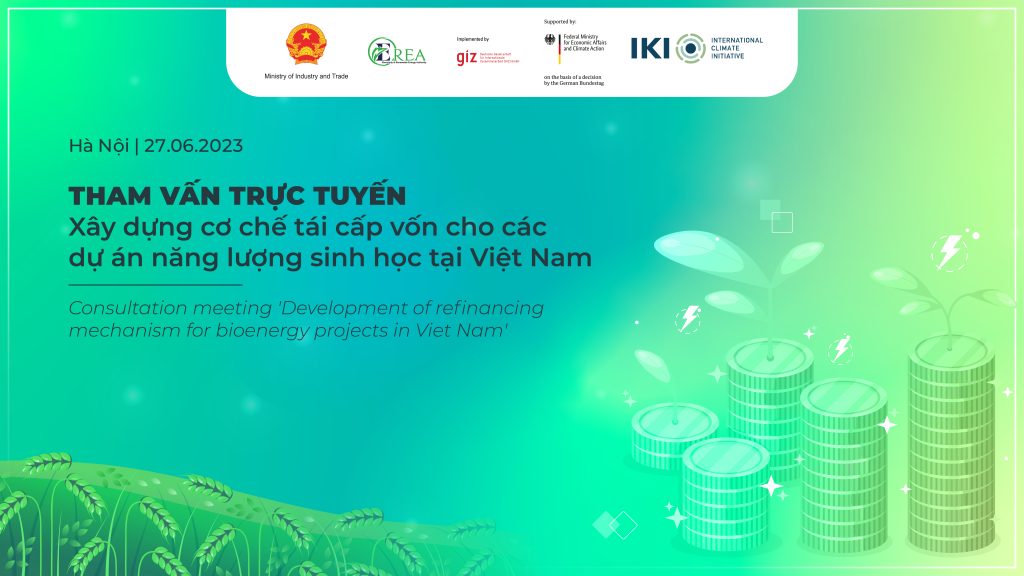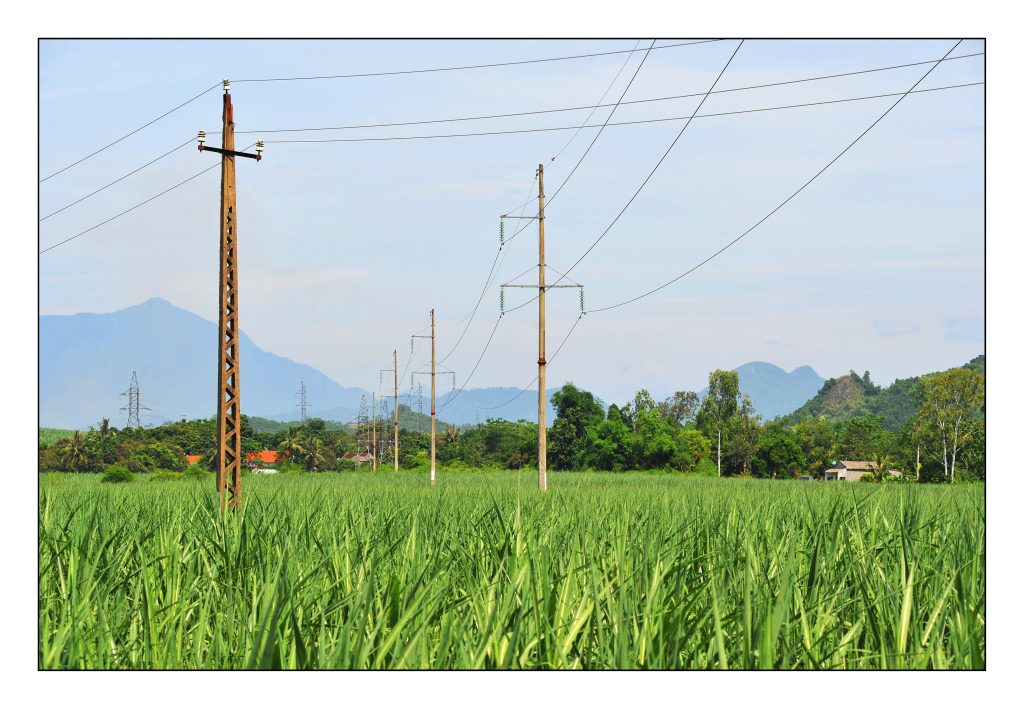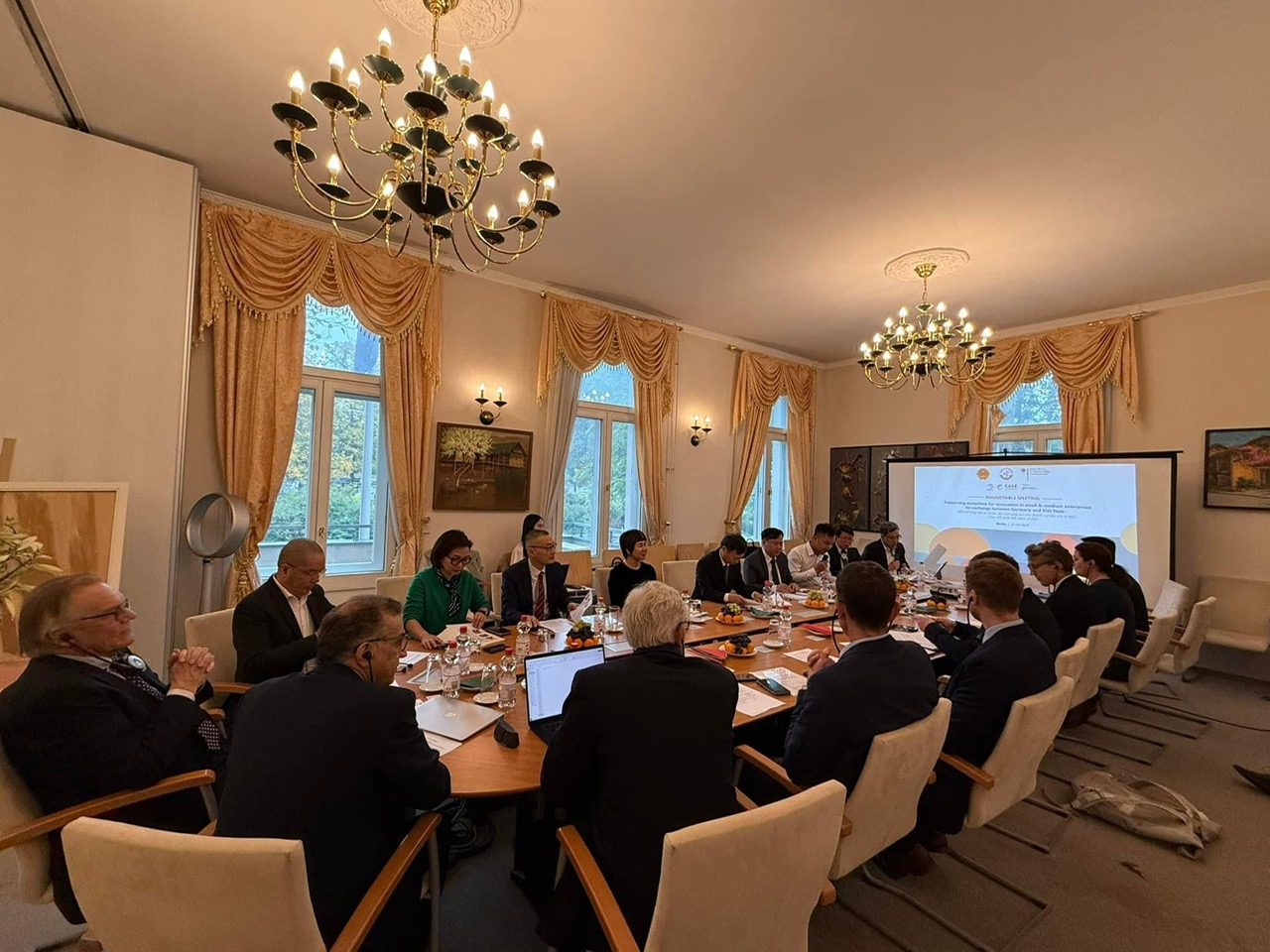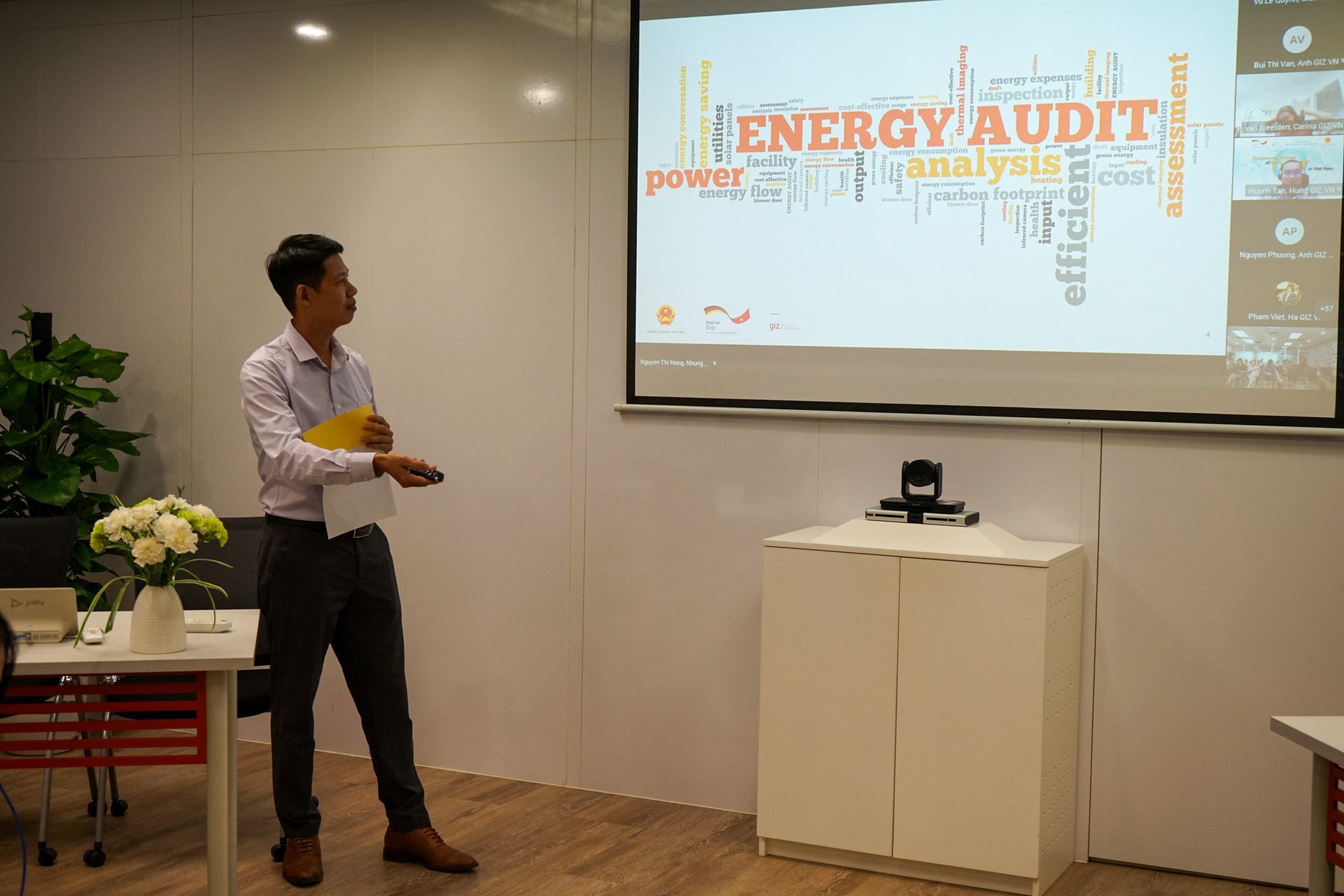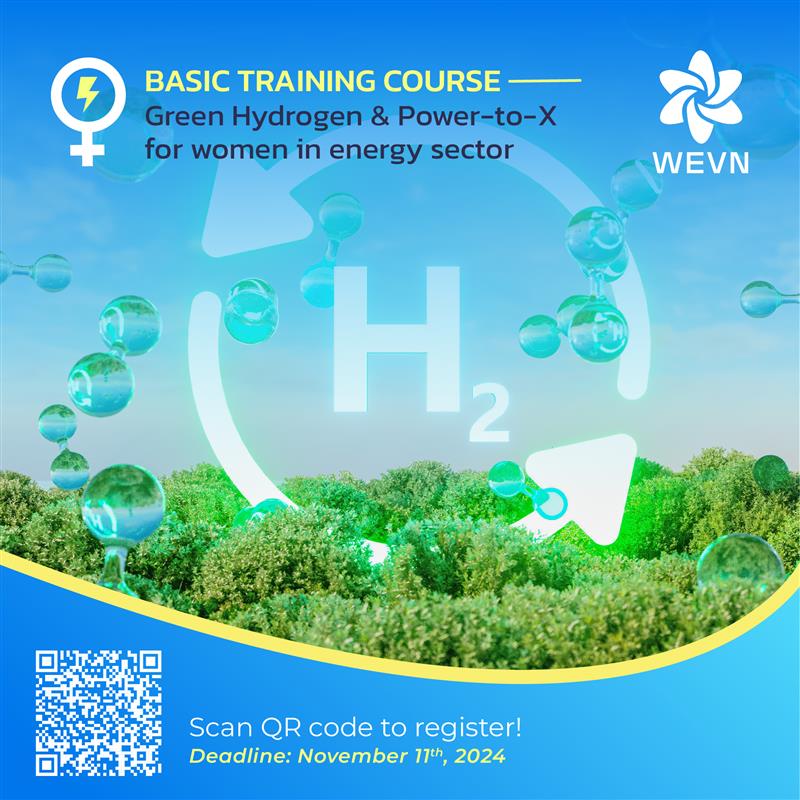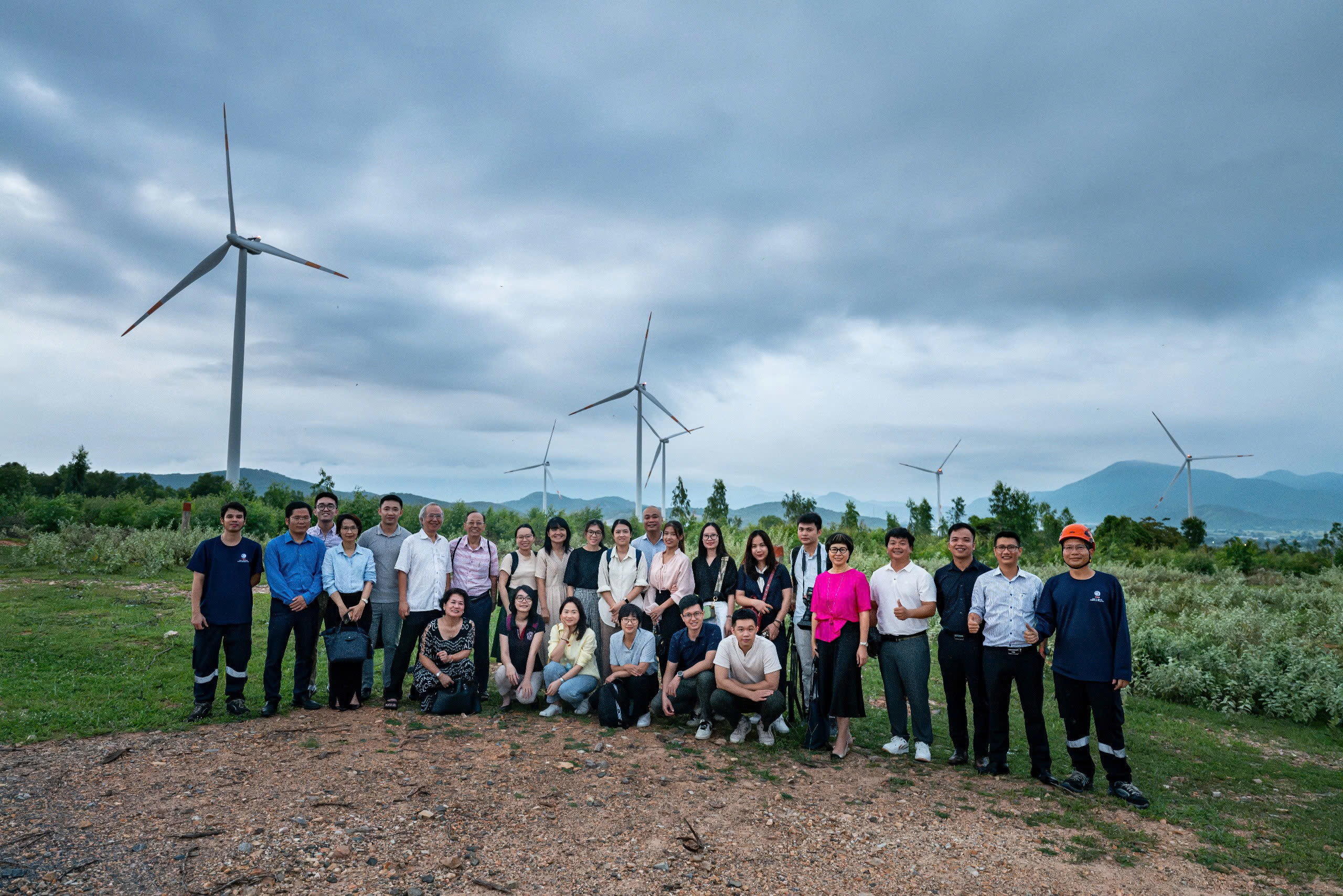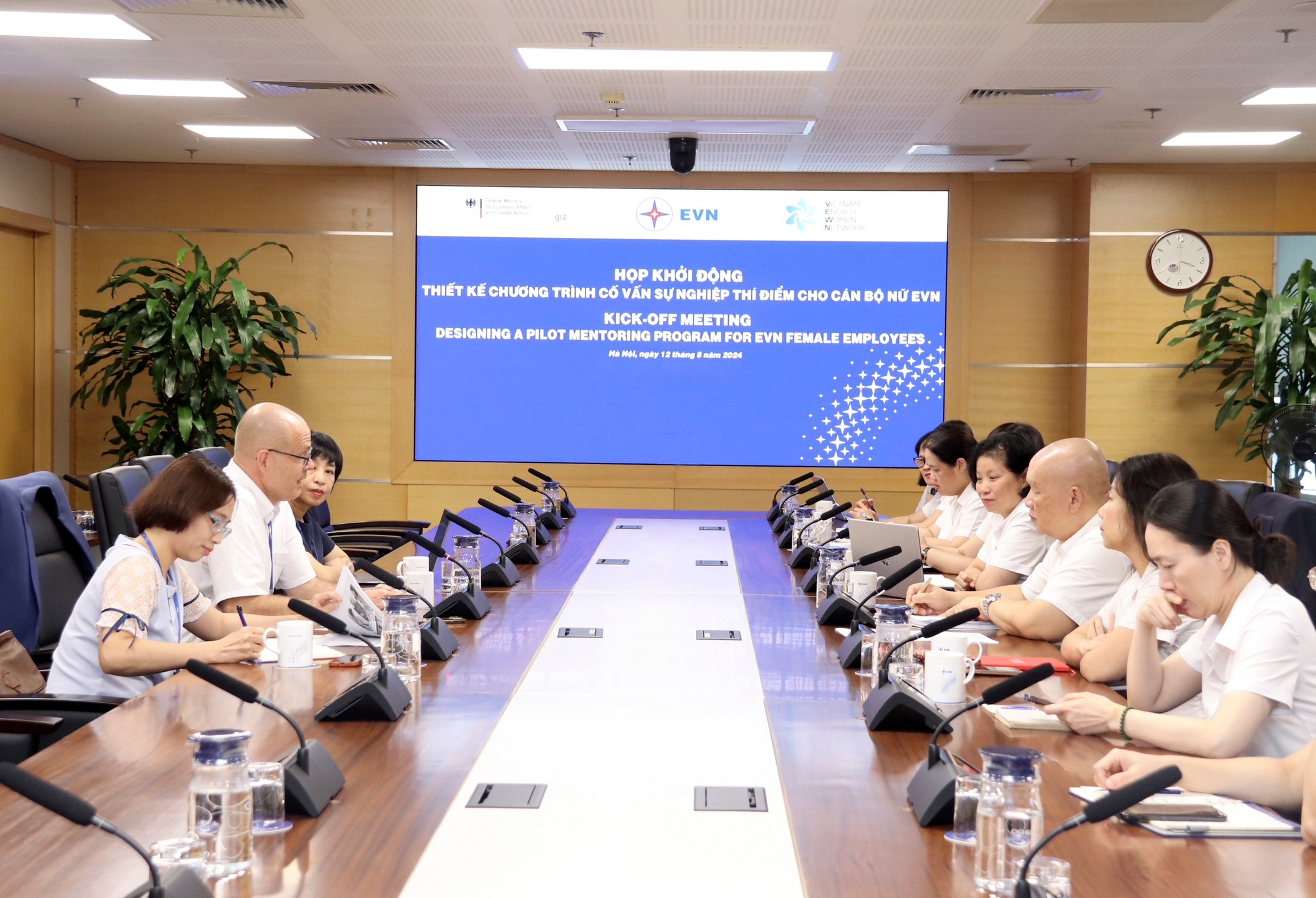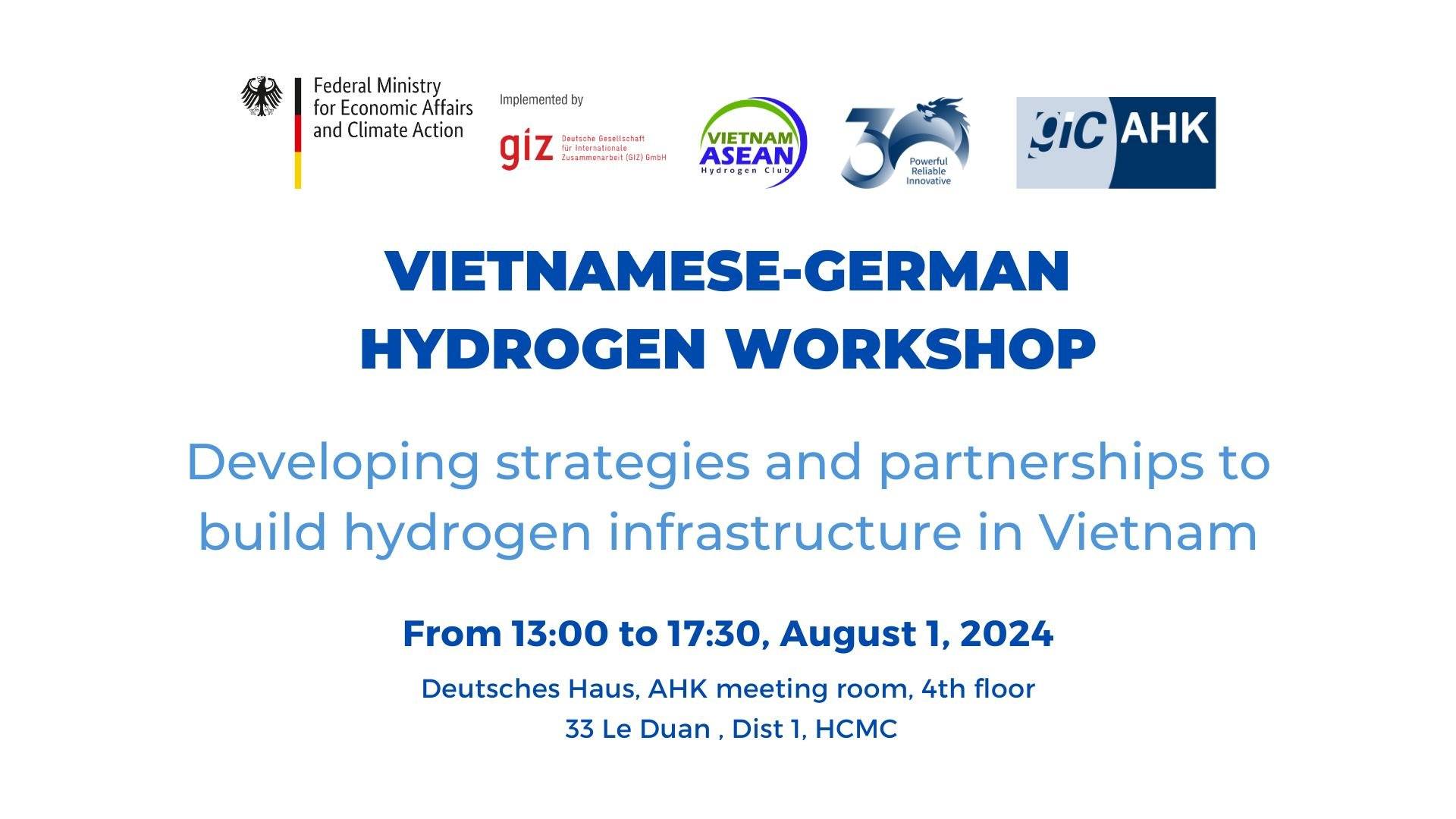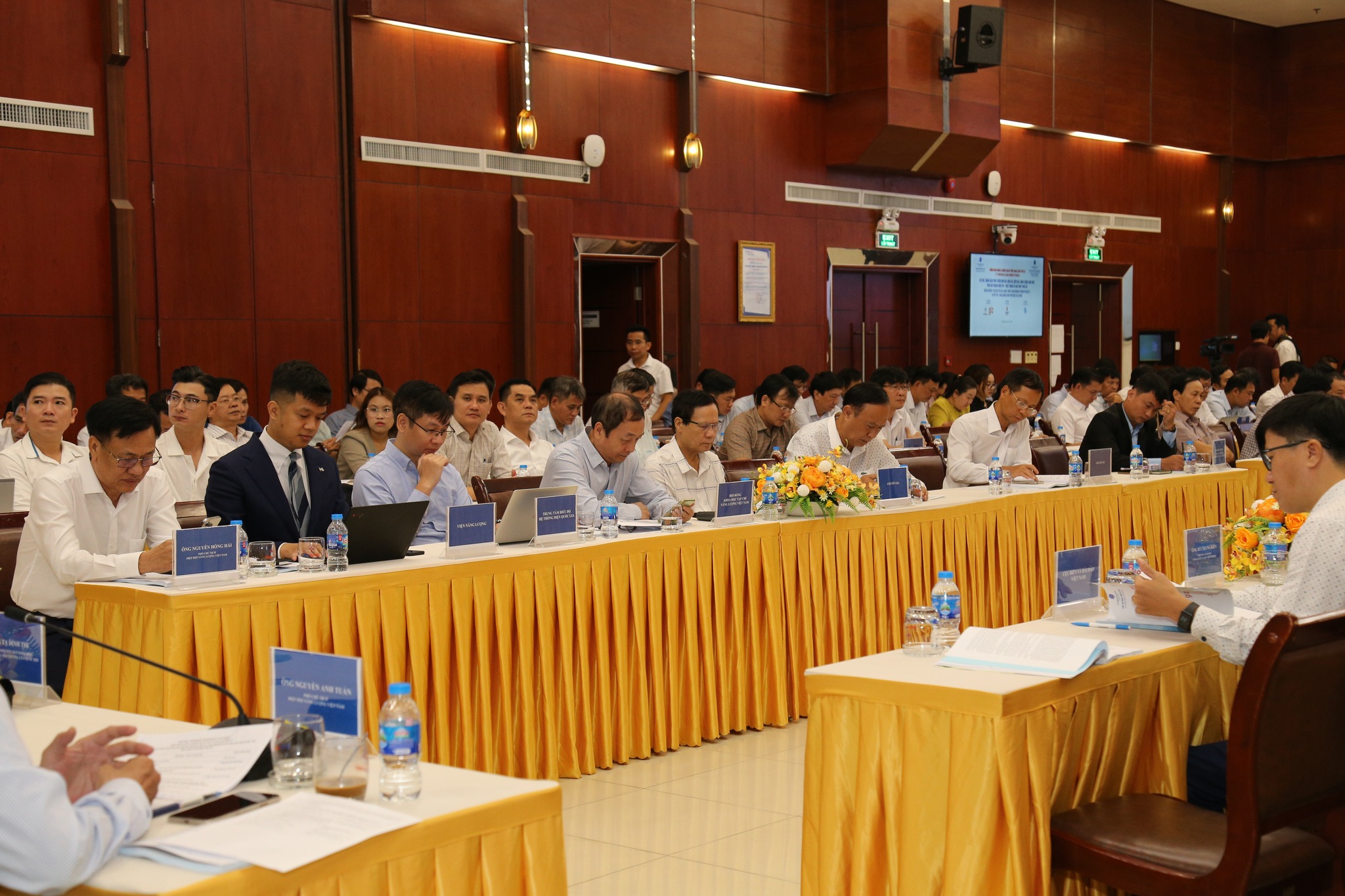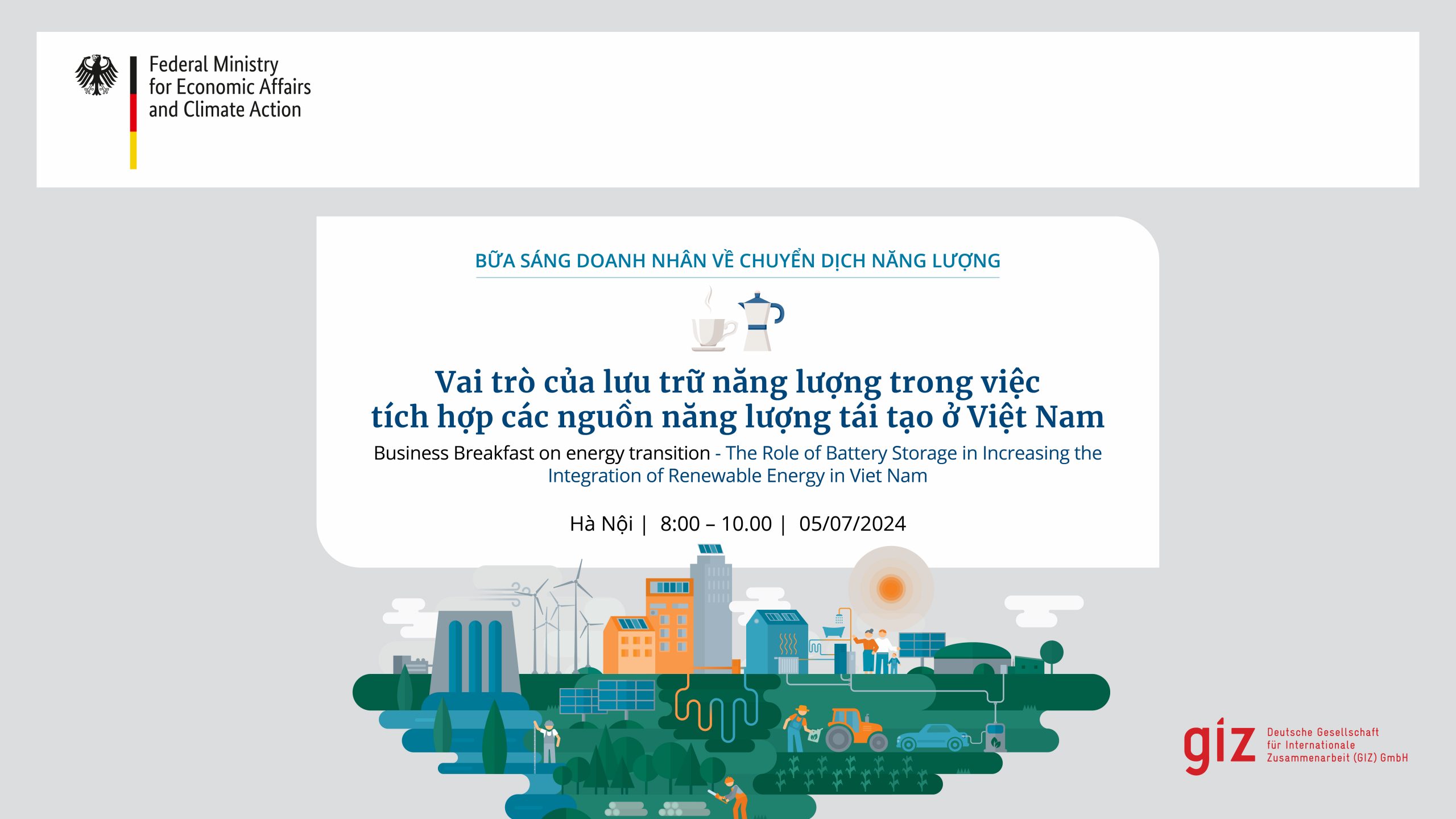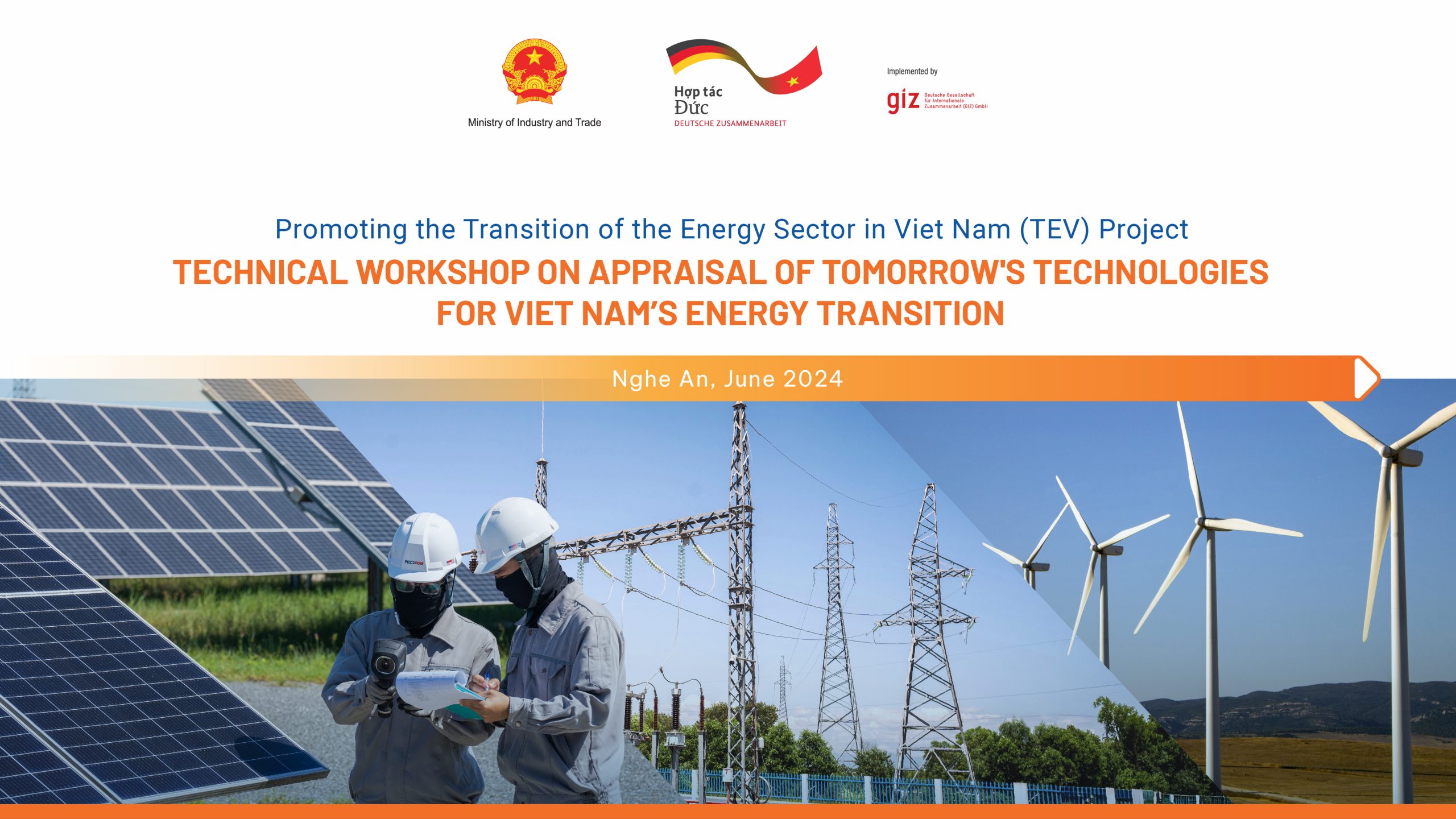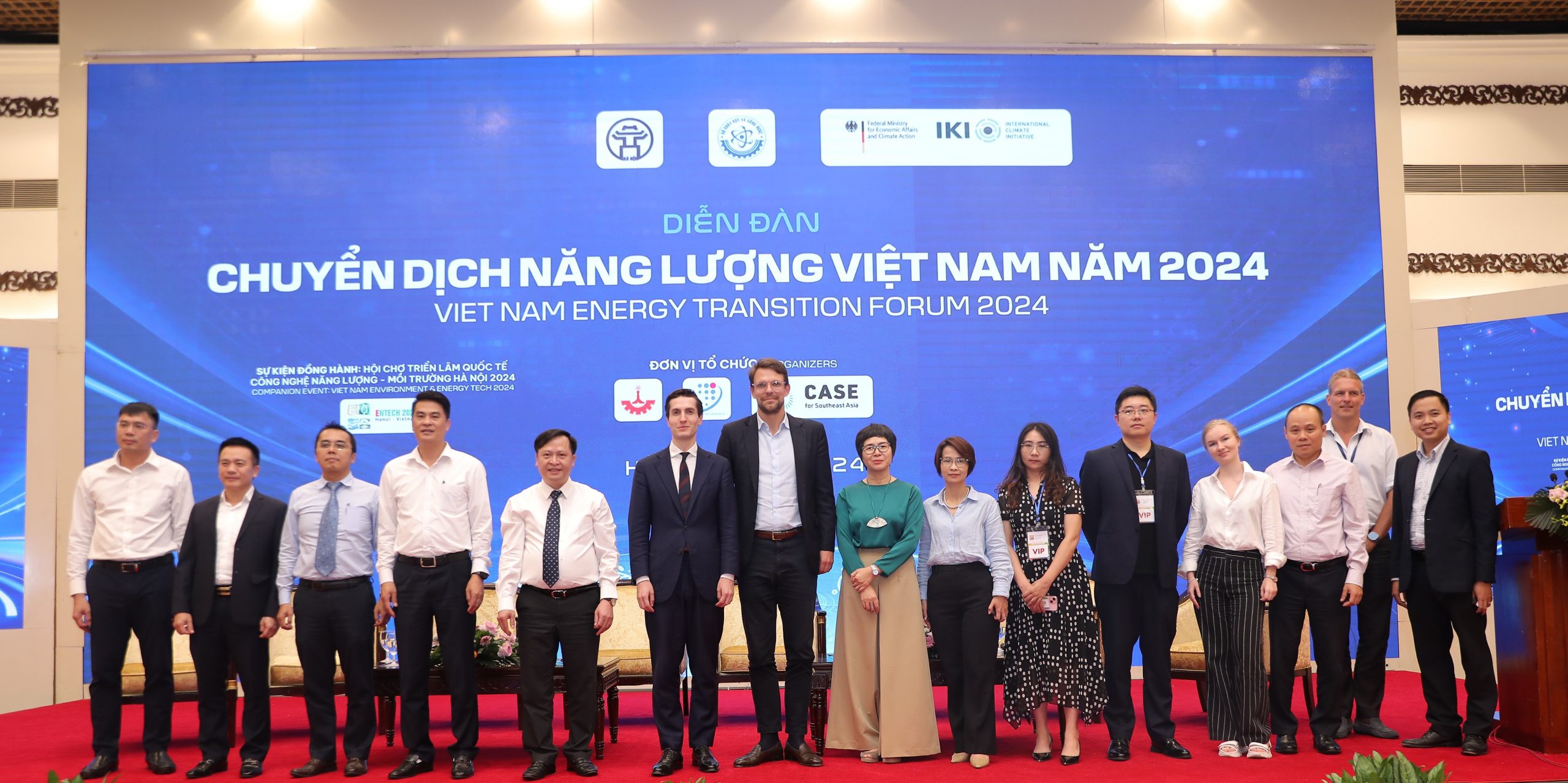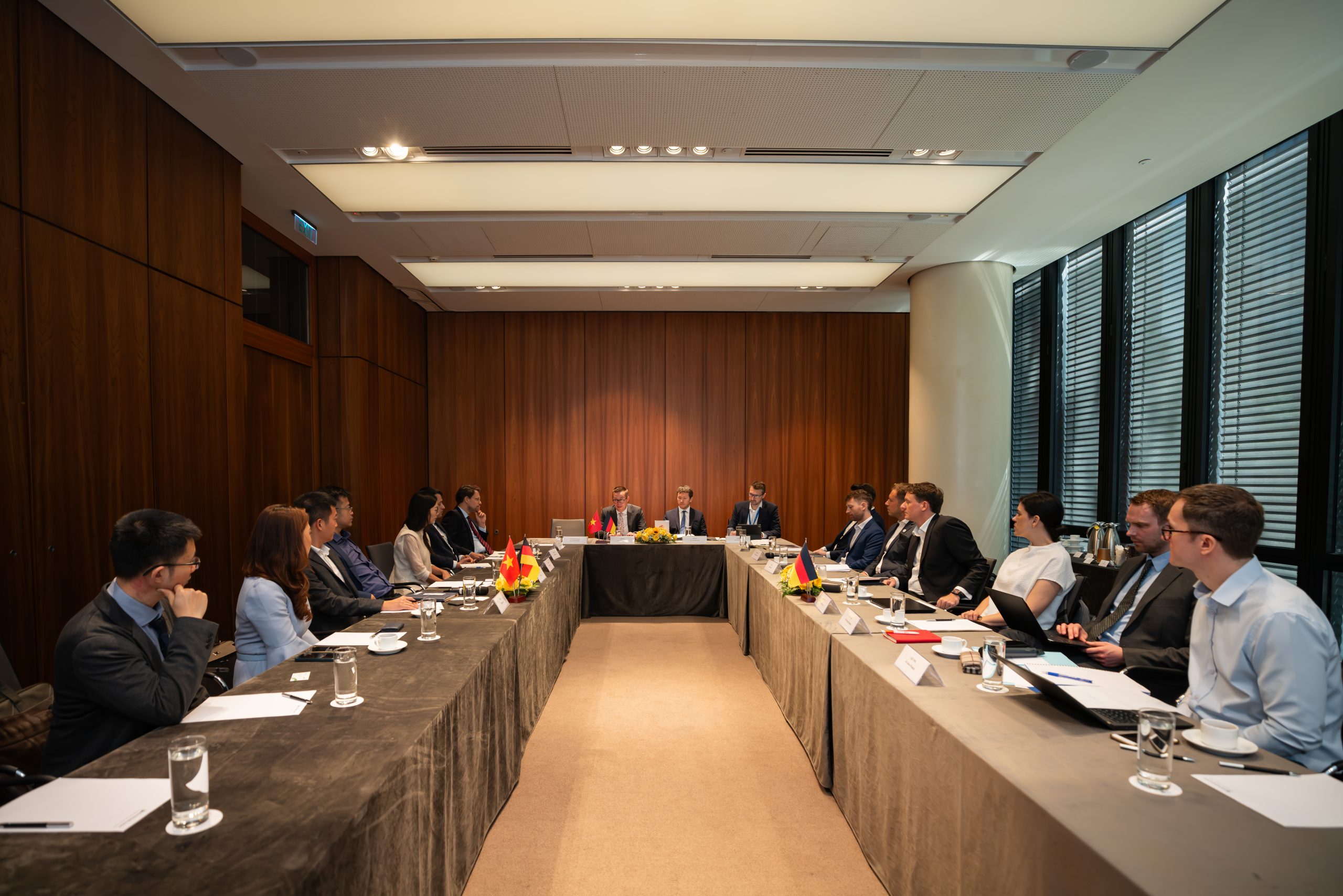Viet Nam has great potential to use biogas but faces both legal and technological barriers to biogas resource development at medium and large scales.
The nation has made significant commitments at the 26th UN Climate Change Conference (COP26) including the announcement to reduce methane emissions across all sectors by 2030. To slash the methane emissions, Viet Nam should introduce incentive policies while significant public and private investment should be poured into biogas plants treating organic waste from industry, agriculture and municipalities.
Those topics were presented and discussed at the Biogas Symposium 2022, which took place on 18-19 October in Ha Noi. The event, ‘Biogas development in Viet Nam in the light of COP26: Potential and challenges’, aimed to identify opportunities and obstacles, introduce advanced biogas technologies and learn from other countries to promote biogas use for power and heat.
The symposium was jointly organised by the Electricity and Renewable Energy Authority (EREA) of the Ministry of Industry and Trade (MOIT), the German Development Cooperation Agency GIZ. The event is within the scope of the Climate Protection through Sustainable Bioenergy Markets in Viet Nam (BEM) project, which is funded by the German Federal Ministry for Economic Affairs and Climate Action (BMWK) through the International Climate Initiative (IKI).
‘When developing biogas for power, Viet Nam would cut methane and CO2 emissions while adding clean electricity to the grid,’ said Mr. Nathan Moore, Director of the BEM project. ‘With this symposium, we can contribute to the further utilization of biogas potential in Viet Nam and the introduction of appropriate support mechanisms for biogas development. This would both support the nation’s COP26 commitments and also contribute to a sustainable green energy future for the country.’
More than 100 people attended the BEM project’s first-time international symposium on biogas. Participants included representative of EREA, the Electricity Regulatory Authority of Viet Nam, the Ministry of Agriculture and Rural Development (MARD), and the Ministry of Natural Resources and Environment (MONRE), as well as the Viet Nam Environment Administration, the Viet Nam Electricity (EVN) and relevant departments from provinces.
At the symposium, MARD’s representative presented Viet Nam’s livestock strategy and waste treatment regulations while MONRE’s delegate talked about the contribution of biogas applications to COP26 commitment and climate change response. A representative of SNV Netherlands Development Organisation also introduced the Bioenergy for Circular Agriculture, which is a sustainable business model of using biogas for power.
A panel including leaders of the relevant ministries and experts also discussed Viet Nam’s biogas potential to meet its COP26 pledges and strategies to attract more investment in the field. International experts also shared their experience on biogas application for large-scale power generation.
The event also included an awards ceremony for students with the best paper on biogas proposals, which was jointly organised by GIZ and the School of Electrical and Electronics Engineering of the Ha Noi University of Science & Technology. The competition provided an opportunity for university and high-school students nationwide to share their research on innovations related to biogas applications.



